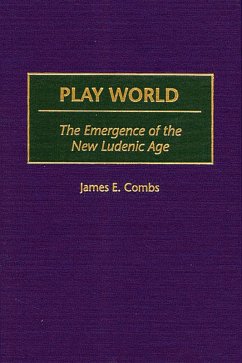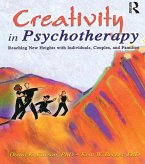Should we take the idea of play seriously? Since the publication of Huizinga's Homo Ludens in 1938, a provocative literature has developed in philosophy and social science that does. Combs argues that we should understand play both as a generic concept with considerable power to explain human activity, and as a contemporary procept that demystifies some of the puzzling trends and innovations emerging in the quickly developing new social world of the 21st century. Combs explores the thesis that play has a central role in our understanding of human activity and social and political organization in the new millennium. He argues that the human desire for play is strong and given the continuation of certain major historical innovations now shaping the world, it may well be that 21st-century people will increasingly exercise their desire for play and that the world will increasingly be organized around the principle and practice of play. It may now seem a truism that people prefer to have fun, but that has not always been the case. If, as Combs argues, the preference for fun is becoming central to human activity, we need to explore why that preference is becoming dominant and what kind of social organization and consequences such a change entails. A provocative look at social change in the 20th century that will be of interest to scholars, students, and researchers of sociology and anthropology.









